

Tao Te Ching

Impermanence
Central to Hinduism, Jainism, and at the core of the Buddha’s first teachings, the Dharmapada describes impermanence as one of the Three Marks of Existence—the fundamental characteristics of humans as well as all of existence. It taught that our confusion and delusion about these basic qualities of life results in our suffering and a that seeing through this delusion ends that same suffering. As far as the impermanence side, we all know that everything changes but most of us, most of the time act and think like nothing or very little will ever change. Our attachment to keeping things the same dooms our desires to disappointment by constantly creating unrealistic expectations. The idea of change can stir up fear and anxiety but is also a doorway into the realization of the sacredness at the heart of our experience. We all struggle with an intrinsic quality of change, the contradictory attachments to peacefulness and to improvement. We all want things to get better but we’re attached to the peace and calm of things staying the same. And most fail to see the obvious, double-binding contradiction between wanting things to change for the better but not wanting the stress and anxiety inevitably liked with change.
Quotes (79)
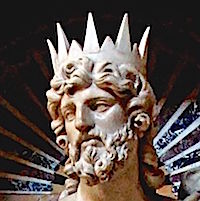
“As for man, his days are as grass; as a flower in the field, so he flourishes. For the wind passes over it, and it is gone; and the place thereof shall know it no more.”
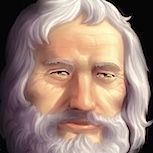
“Oh vain is man,
Who glories in his joy and has no fears;
While to and fro the chances of the years
Dance like an idiot in the wind!”
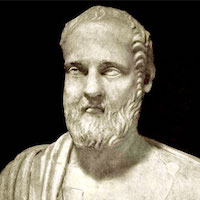
“Remember that there is nothing stable in human affairs, therefore avoid undue elation in prosperity or undue depression in adversity.”

“The wise do not rejoice when they succeed or lament when they fail because they know that conditions aren’t constant”
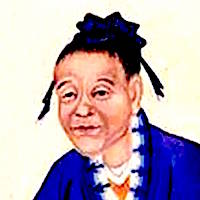
“If we may find anything that approaches permanence in the midst of change, it is the lasting power of goodness. Evil destroys the doer, but good endures.”
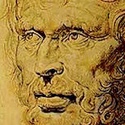
“No single thing abides, but all things flow
Fragment to fragment clings; the things thus grow”

“In youth alone, unhappy mortals live;
But, ah! the mighty bliss is fugitive:
Discolored sickness, anxious labor, come,
And age, and death's inexorable doom.”

“So many things can unexpectedly end our lives. We are impermanent like a bubble on water than can easily break in the wind. It's a miracle that after exhaling, we can take a next breath; after falling asleep, we can wake up again.”

“My poem is done, I laugh and my delight is vaster than the sea.
Oh deathless poetry! The songs of Chu-ping are ever glorious as the sun and moon.
While the palaces and towers of the Chu kings have vanished from the hills.”

“In comparison with Heaven and Earth, man is like a mayfly. But compared to the Great Meaning, Heaven and Earth, too, are like a bubble and a shadow. Only the primordial spirit and the true essence overcome time and space.”
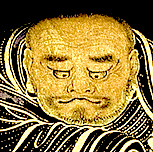
“Consider the sunlight. Follow it and, behold, it escapes you; run from it and it follows you close. You can neither possess it nor have done with it. From this example you can understand how it is with the true Nature of all things and, henceforth, there will be no need to grieve or to worry about such things.”

“But all this world is like a tale we hear;
Men's evil, and their glory, disappear.”
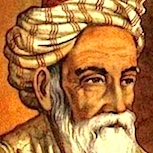
“One thing is certain, and the Rest is Lies;
The Flower that once has blow for ever dies.”

“The best mental exercise for letting go of egotism is contemplating impermanence.”
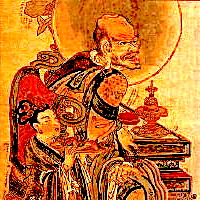
“The beauty of life is in its impermanence. If we lived forever, if the dews of Adashino never vanished, if the crematory smoke on Toribeyama never faded, men would hardly feel the pity of things.”

“Life passes in an instant—the leaf doesn’t go back to the branch. Get up, stop sleeping—the days of a life are short.”

“The cloud-capped towers, the gorgeous palaces, the solemn temples, the great globe itself—
Yea, all which it inherit—shall dissolve,
And like this insubstantial pageant faded,
Leave not a rack behind.”
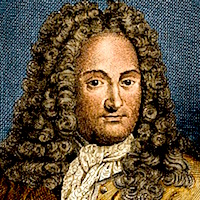
“All bodies are in perpetual flux like rivers, and parts are passing in and out of them continually”
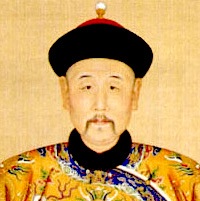
“I have enjoyed the veneration of my country and the riches of the world; there is no object I do not have, nothing I have not experienced. But now that I have reached old age, I cannot rest easy for a moment. Therefore, I regard the whole country as a worn-out sandal, and all riches as mud and sand.”
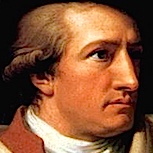
“There is no past we can bring back by longing for it. There is only an eternal now that builds and creates out of the past something new and better.”
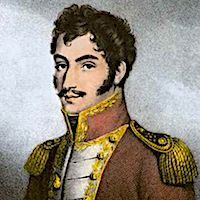
“Those who serve a revolution only plow the seas. I plowed furrows in the ocean... Independence is the only benefit we have acquired, to the detriment of all the rest.”

“Time is that by virtue of which everything becomes nothingness in our hands and loses all real value... the most insignificant present has over the most significant past the advantage of actuality... the former bears to the latter the relation of something to nothing.”

“With young girls Nature seems to have had in view a striking effect; for a few years she dowers them with a wealth of beauty and is lavish in her gift of charm, at the expense of all the rest of their life”

“Maidens and youths fling their wild arms in air…
Throw back their heads and loose their streaming hair
Kindle invisibly; and as they glow
Like moths by light attracted and repelled,
Oft to new bright destruction come and go”

“She dwells with Beauty—Beauty that must die;
Bidding adieu; and aching Pleasure nigh,
Ay, in the very temple of Delight
His soul shalt taste the sadness of her might”

“Change is one thing, progress is another. Change is scientific, progress is ethical; change is indubitable, progress is a matter of controversy.”

“The doctrine of the perpetual flux, as taught by Heraclitus, is painful, and science can do nothing to refute it.”

“The life of man is a dubious experiment... so fleeting, so insufficient, that it is literally a miracle that anything can exist and develop at all... We are a psychic process which we do not control, or only partly direct.”
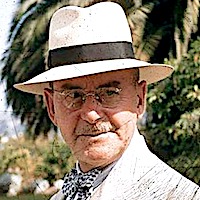
“Time cools, time clarifies, no mood can be maintained quite unaltered through the course of hours.”

“If a beautiful thing were to remain beautiful for all eternity, I'd be glad, but all the same I'd look at it with a colder eye. I'd say to myself: You can look at it any time, it doesn't have to be today.”
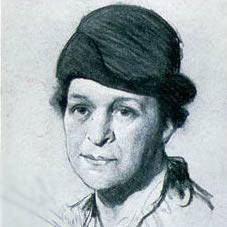
“Nothing in human judgment is final. One may courageously take the step that seems right today because it can be modified tomorrow if it does not work well.”
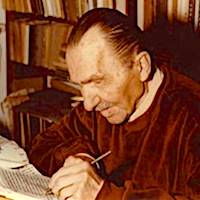
“Perfection is a momentary equilibrium above chaos, a most difficult and dangerous balance. throw a little weight to one side or the other and it falls.”

“It is almost a law of history that the same wealth that generates a civilization announces its decay. For wealth produces ease as well as art; it softens a people to the ways of luxury and peace, invites invasion from stronger arms and hungrier mouths.”

“Here is history, a futile circle of infinite repetition: these youths with eager eyes will make the same errors as we, they will be misled by the same dreams; they will suffer, and wonder, and surrender, and grow old... All life living at the expense of life, every organism eating other organisms forever.”

“Civilization is always older than we think; and under whatever sod we tread are the bones of men and women who also worked and loved, wrote songs and made beautiful things, but whose names and very being have been lost in the careless flow of time.”
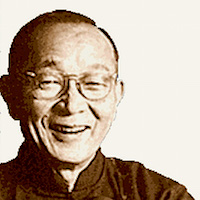
“This chapter seems to be the summing up of Lao Tzu's teachings in a nutshell. Most basic of all is the statement of the principle of reversion... each ending becoming a new beginning. The life of things passes by like a rushing, galloping horse, changing at every turn, at every hour.”
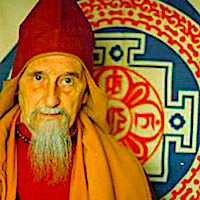
“changelessness is a sign of death, transformation a sign of life; decay is the negative aspect of transformation, while the positive aspect is generally hidden from our eyes.”
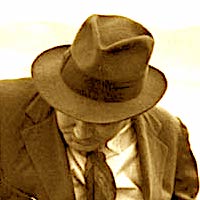
“You can't go back home to your family, back home to your childhood, back home to romantic love, back home to a young man's dreams of glory and of fame… back home to the old forms and systems of things which once seemed everlasting but which are changing all the time”

“There came to him an image of man’s whole life upon the earth… a tiny spurt of flame that blazed out briefly in an illimitable and terrifying darkness… And he knew that he would die with defiance on his lips, and that the shout of his denial would ring with the last pulsing of his heart into the maw of all-engulfing night.”
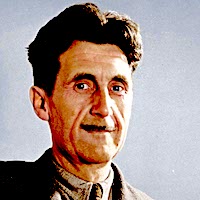
“Power worship blurs political judgment because it leads, almost unavoidably, to the belief that present trends will continue.”
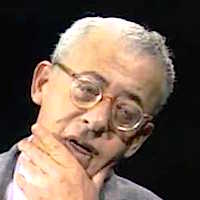
“A sense of humor enables [successful tacticians] to maintain their perspective and see themselves for what they really are: a bit of dust that burns for a fleeting second.”

“it is illusion to think that there is anything fragile about the life of the earth... We are the delicate part, transient and vulnerable as cilia.”
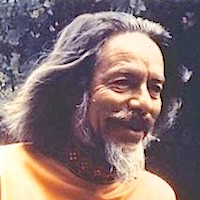
“The only way to make sense out of change is to plunge into it, move with it, and join the dance.”

“Isn't man but a blossom taken by wind, and only the mountains and the sea and the stars… everlasting?”

“It is not impermanence tht makes us suffer. What makes us suffer is wanting things to be permanent when they are not.”
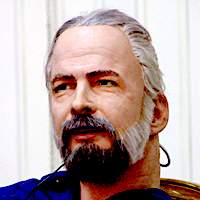
“eventually there will be no life… This is an interval. The cosmic process is hurrying on, crushing life back into the granite and methane; the wheel turns for all life. It is all temporary.”

“Spring passes and one remembers one's innocence.
Summer passes and one remembers one's exuberance.
Autumn passes and one remembers one's reverence.
Winter passes and one remembers one's perseverance.”

“If a healthy soil is full of death, it is also full of life: worms, fungi, microorganisms of all kinds ... Given only the health of the soil, nothing that dies is dead for very long.”
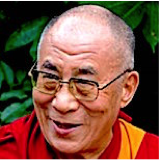
“Some people—sweet and attractive, strong and healthy—happen to die young. They are masters in disguise teaching us about impermanence.”
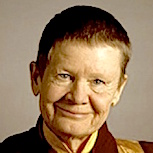
“Impermanence is a principle of harmony. When we don't struggle against it, we are in harmony with reality.”

“We think of life as solid and are haunted when time tells us it is a fluid. Old Heraclitus couldn't have stepped in the same river once, let alone twice.”
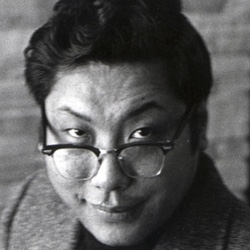
“Whatever you may be doing, every minute of every hour is a new chapter, a new page.”
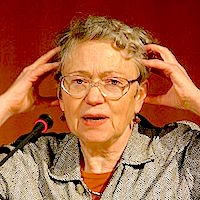
“A book is like a river (and Into the same river no man can step twice) because the intellectual context, like the reader, changes steadily… We have changed and the broad intellectual climate has changed.”

“In the face of impermanence, if your next thought is good, this is what we call the realization body.”
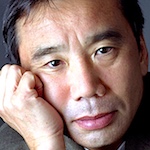
“You can be totally entranced by the glow of something one minute, be willing to sacrifice everything to make it yours, but then a little time passes, or your perspective changes a bit, and all of a sudden you're shocked at how faded it appears.”
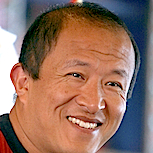
“True buddhist meditation - using any techniques or practices that help transform our habit of thinking that things are solid into the habit of seeing them as compounded, interdependent, and impermanent.”
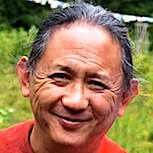
“Seeing that nothing is solid or permanent, you begin to make yourself at home in the unknown.”
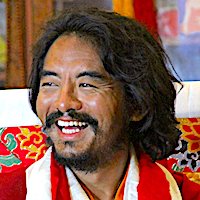
“see that the seeds for regeneration exist within change, with being delighted with the sand castles as they wash away... All this present moment's possibility rests with impermanence.”

“The notion of a lasting, independently existing self urges us to expend enormous effort in resisting the inevitability of change making sure this 'self' remains safe and secure. When we've achieved some condition that makes us feel whole and complete, we want everything to stay exactly as it is. The deeper our attachment to whatever provides us with this sense of completeness, the greater our fear of losing it, and the more brutal our pain if we do lose it.”

“Evolution has no master plan. The functions performed by organs are constantly changing and the way they evolve doesn’t follow any predetermined path”

“The problem is our willingness to believe unquestioningly when we are told what we want to hear—that our way of life can last forever.”


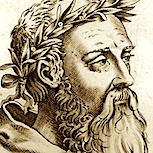


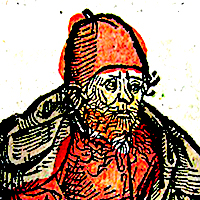

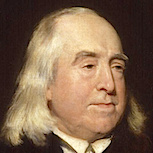
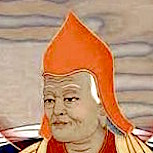
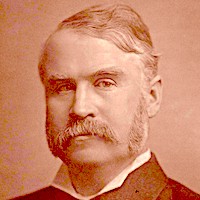
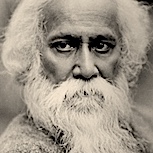
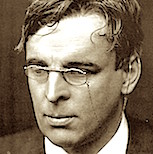
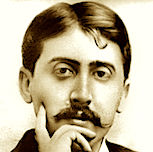

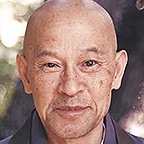
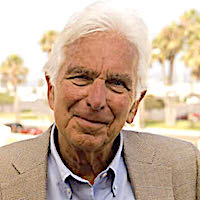

Comments (0)